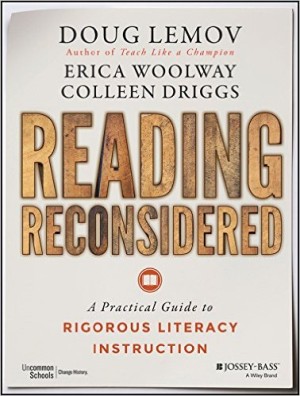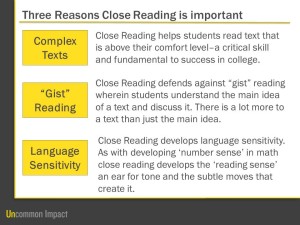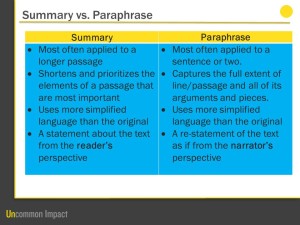03.16.16 A Second Excerpt on Building Background Knowledge from Reading Reconsidered

Colleen, Erica and I were so excited to find ourselves in the pages of the thought-provoking journal EducationNext this morning. We chatted about Reading Reconsidered with Marty West for 15 minutes or so on his podcast and the magazine ran a short excerpt from chapter three of the book where we discuss the connection between background…


